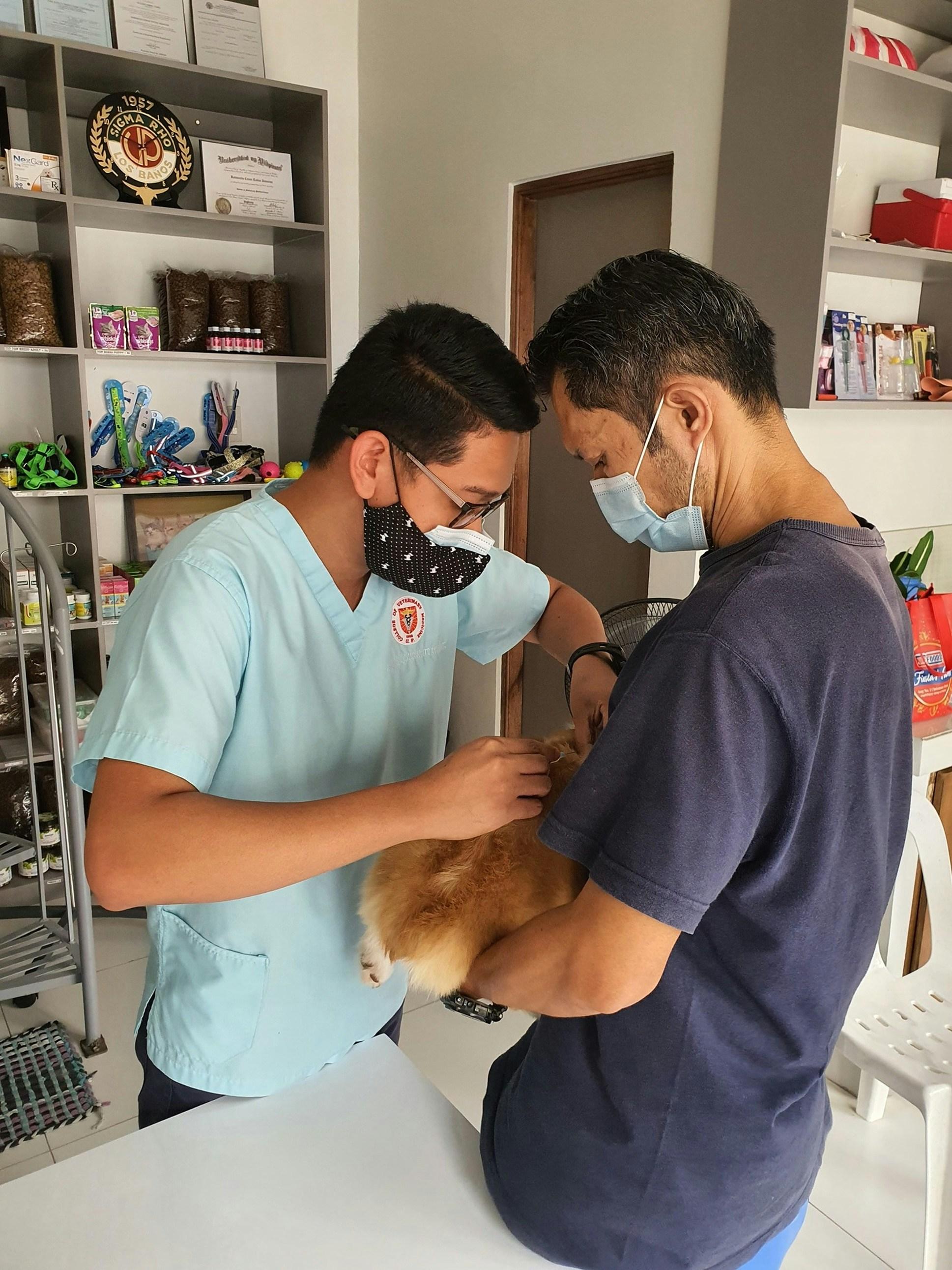In the quiet moments between a pet’s playful romp and their gentle nuzzle, there’s a bond that speaks volumes—a silent promise of care and protection. Yet, beneath this tender companionship lies a perplexing dilemma faced by countless pet owners: Are the very flea and tick medications we trust to shield our furry friends actually doing more harm than good? As tales of adverse reactions surface and debates swirl, we embark on a journey to unravel the truth. Join us as we explore the delicate balance between safeguarding our pets and ensuring their well-being, delving into the world of flea and tick treatments with warmth, curiosity, and a heartfelt commitment to our beloved companions.
Understanding the Ingredients: What’s Really in Your Pet’s Flea and Tick Treatment
When it comes to flea and tick treatments for your beloved pets, understanding the ingredients is key to making informed decisions. These medications often contain a mix of chemicals designed to repel or kill pests, but what exactly are you applying to your furry friend?
- Fipronil: Commonly used to disrupt the central nervous system of fleas and ticks, causing them to perish. While effective, it may cause skin irritation in some pets.
- Imidacloprid: This ingredient targets the nervous system of parasites, but can sometimes lead to lethargy or hypersalivation in sensitive animals.
- Pyrethroids: Derived from chrysanthemum flowers, these compounds are generally safe but may lead to adverse reactions in cats, such as tremors or drooling.
Being aware of these components allows you to weigh the benefits against potential side effects. Consulting with a veterinarian is always a wise step to ensure the chosen treatment aligns with your pet’s health needs and lifestyle.
Balancing Risks and Benefits: How Safe Are These Medications?
When it comes to safeguarding our furry friends from pesky parasites, the decision isn’t always black and white. Flea and tick medications promise protection, yet concerns about potential side effects leave many pet owners in a quandary. It’s essential to weigh the potential risks against the benefits, ensuring your pet’s well-being remains the top priority.
- Potential Benefits: These medications can effectively prevent infestations, reducing the risk of diseases like Lyme disease and flea allergy dermatitis.
- Possible Risks: Some pets may experience adverse reactions, ranging from mild skin irritations to more severe neurological effects.
Consulting with a veterinarian can provide personalized insights, helping you navigate this complex decision. Remember, the goal is a healthy, happy pet, free from both pests and undue harm.

Exploring Natural Alternatives: Gentle Solutions for Your Furry Friend
For pet parents seeking kinder, natural solutions, exploring alternatives to traditional flea and tick medications can be a rewarding journey. Many commercial treatments may come with a list of potential side effects, prompting a search for gentler options that still offer effective protection. Fortunately, nature provides a bounty of choices that can help keep pests at bay without compromising your pet’s well-being.
Consider incorporating the following natural remedies into your pet care routine:
- Essential Oils: Certain oils, like lavender and cedarwood, are known for their pest-repelling properties. A few drops diluted in water can be sprayed on your pet’s coat.
- Herbal Shampoos: Opt for shampoos infused with natural ingredients such as eucalyptus or rosemary to help deter fleas and ticks.
- Dietary Supplements: Adding brewer’s yeast or omega-3 fatty acids to your pet’s diet can enhance their skin health and make them less appealing to pests.
Embracing these gentle solutions not only supports your pet’s health but also aligns with a more holistic approach to their care.

Consulting the Experts: Veterinarian-Approved Strategies for Pet Protection
When it comes to protecting our furry companions from pesky parasites, consulting veterinarians can offer invaluable insights. These professionals emphasize the importance of selecting flea and tick medications that are both effective and safe. Veterinarian-approved strategies typically focus on finding a balance between efficacy and minimal side effects. By understanding the unique needs of your pet, veterinarians can recommend treatments that align with their health and lifestyle.
- Customized Solutions: Tailoring treatments to your pet’s specific breed, age, and health conditions.
- Natural Alternatives: Exploring herbal and organic options when suitable.
- Regular Monitoring: Keeping a close eye on your pet for any adverse reactions post-treatment.
- Holistic Approach: Combining medications with environmental control measures to minimize exposure.
By following these expert recommendations, pet owners can make informed decisions, ensuring their beloved animals are both protected and healthy.


































